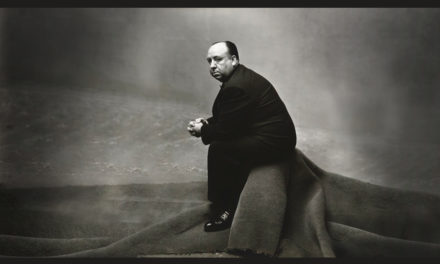When asked by a friend what I thought of Emerald Fennell’s new film ‘Saltburn’ after it premiered at this year’s London Film Festival my muted response was “It’s nothing to write home about”, and yet here we are. ‘Saltburn’ stars Barry Keoghan as Oliver Quick, an Oxford University first-year who is invited by his wealthy friend to stay at their stately home of Saltburn over the summer. On paper, the film promises to be an iconoclastic look at the Oxbridge elite, with the trailer teasing a decidedly gothic tone. Unfortunately, the film is neither of these things.
Fennell, herself an Oxford alumnus, is unable to keep a foothold on the satire which never reaches beyond ‘aren’t we a bit of a silly bunch’. The film even goes so far as to show the insidiously wealthy as harmless victims, missing its own half-hearted point entirely. The pacing is similarly confused, functioning within the strangest act structure I have seen this side of an experimental film in which the main conceit is forgotten about after the first three quarters of the film causing the narrative momentum to implode in on itself. The pacing prior to this point is brisk to a nauseating degree, favouring semi-constant montages as if wholly aware that if we linger at any point for too long people will notice how deeply flawed the story we are watching truly is. This all leads to a big revelatory moment at the end that ties the knot which topples the already teetering plotting, and any goodwill I had left along with it.

There is a lot of room for play in the realm of the world of the landed gentry and how it functions both on a personal level and within a wider societal framework in Britain’s contemporary class system. Yet the film never even attempts to reach beyond its station. Instead, Fennell’s preoccupation with proving her own class consciousness whilst still relishing in the camera’s fetishistic portrayal of wealth in all its spectacle feels both tone-deaf and garish. I was often reminded of much better films that discuss similar topics, Robert Hamer’s ‘Kind Hearts and Coronets’ often sprung to mind as did Elaine May’s ‘A New Leaf’, and in terms of contemporary takes PTA’s lavish indictment of sophistication in 2017’s ‘The Phantom Thread’ was never far away. All these films feel like they have something to say and use the upper-echelon worlds they inhabit to draw out larger observations, something Saltburn is incapable of doing.
I realise as I write this how toxically scathing I’m being about the film but I feel that Saltburn wholly deserves it. It’s brash and obnoxious and incompetent with this insistence that it’s being taboo without really saying much of anything. It’s the kind of film that the more you think about the more you realise how much you truly despise it. There are a handful of things that work within the film, Richard E. Grant is great as always and is nice to see Rosamund Pike get a role she can really flourish in. And in general, the film does look quite nice, the colour grade in particular is really bright in a refreshing sort of way. Although while we are on the topic of aesthetics I would like to use this time to announce my petition to stop filmmakers from using the 4:3 aspect ratio until we can take stock of the ongoing situation.
“[Saltburn is] the kind of film that the more you think about the more you realise how much you truly despise it.“
I think my infuriation at Saltburn is because it ultimately feels like a wasted opportunity. Few filmmakers would be given the chance to make such a large-scale original conceptual and quintessentially English film and the topic of heinous bourgeoise English sophisticates is ripe for pillage. However, despite the film’s insistence on provocation, the end result is despairingly toothless.





